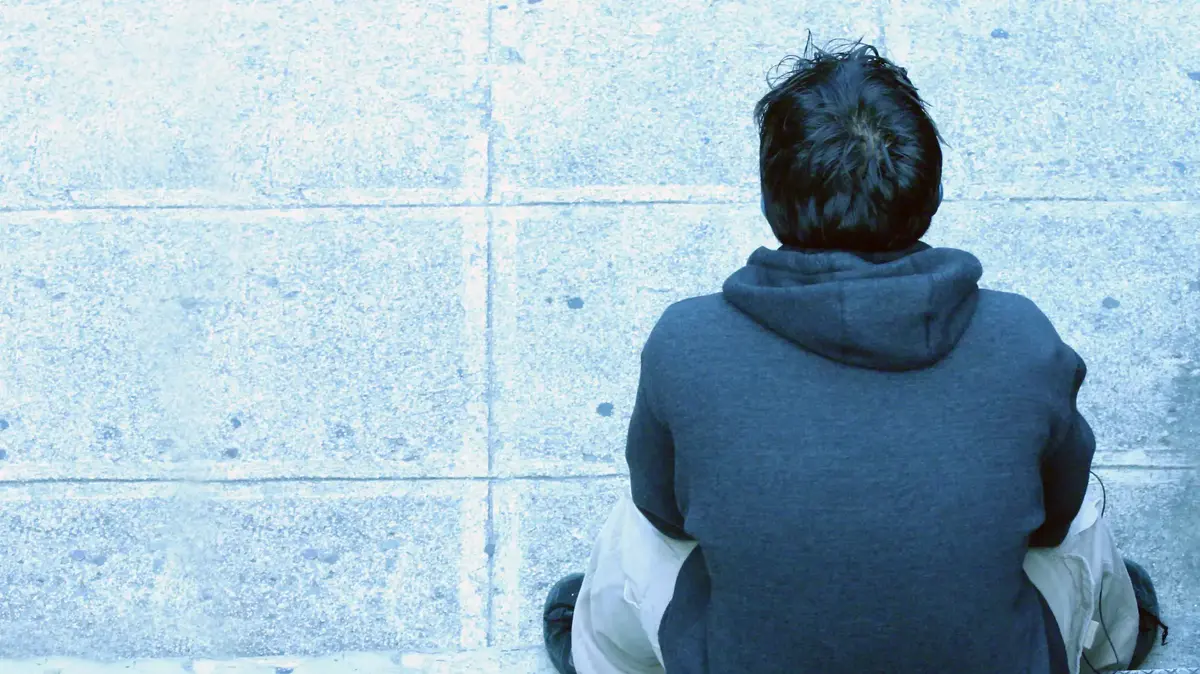One day we are taking photos of their first year and the next we can see them changing their voices, asserting their autonomy and preferring the solitude of their room to family outings.
Fathers and mothers are assailed by a doubt: do they no longer enjoy spending time with us?
The transition from childhood to adolescence is a challenge not only for boys, but also for their parents and/or caregivers.
The child psychologist
María Laura Lezaeta
tells
Clarín
that there are many questions that adults ask themselves at this stage about the upbringing of their sons and daughters.
It indicates, for example, that confusion and bewilderment is more common than it seems.
In fact, he warns that the first step to accompany the boys is
to stop describing this moment of life as something "negative or worrying"
.
"When we have this look, we cannot clearly see the significant changes that occur during this period, which are key to the development and construction of our son or daughter's identity," says the specialist.
Adolescence is key to the development and construction of the identity of young people.
Photo illustration Shutterstock.
It will be much more productive, says Lezaeta, to remember that these are "waves of change" that they are going through and that the priority will be to accompany them and
serve as a guide
in the most optimal and healthy way possible.
In between, they deal with the challenges of socialization, the codes established by social networks, the desire to "fit in" in a group and, in some cases, bullying
.
"Adolescence is not a phase that we have to 'endure' and our adolescent children do not have to limit themselves to surviving this stage," explains the psychologist, adding that she is aware of how much family routines and coexistence change as the children grow up. and girls.
For this reason, he proposes to demolish several
myths
that give adolescence a bad name and make thousands of fathers and mothers nervous.
1. Adolescence makes them rebellious and "difficult"
Instead of branding them as rebels, it will be better to understand that they are in search of their individuality and autonomy.
(Photo: illustration Shutterstock)
Although it is true that puberty involves physical, mental and emotional changes, the psychologist prefers to address the hackneyed rebellion, understanding that "the nature of the ties that adolescents maintain with their parents as attachment figures changes, and friends become more important in this period".
The discovery of an individuality and the affirmation of its autonomy is fundamental in this passage on the way to adulthood.
Hence, the specialist reflects that it is up to adults to understand this process of searching for their own values and tastes.
Qualifying as “rebellion” that the boys “go against it” does not add up to managing tensions.
2. Teenagers no longer need our guidance
Lezaeta explains that, instead of favoring the isolation of the boys, we should build an interdependence.
(Photo: illustration Shutterstock)
“It is important to demolish the myth that postulates that growth in adolescence leads from
dependence
on adults to total
independence
from them”, says Lezaeta.
In other words, there is a natural and necessary impulse for children to assert their autonomy, but this does not mean that they no longer need the guidance and support of their adult role models at this stage.
“The healthy change towards maturity is made through interdependence, not total isolation under the motto 'do it by yourself' —explains Lezaeta—.
Our presence and accompaniment will be essential so that our children can gradually enter the path to adult life, being responsible for their actions and acting accordingly.
3. At this stage the boys are overwhelmed by emotions
Adolescence is a period full of changes, we must be there supporting the boys.
(Photo: illustration Shutterstock)
The specialist clarifies that the
physical changes
are accompanied by emotional changes, without this meaning that the boys cannot learn to manage them.
The psychologist affirms that it can be a "roller coaster of emotions", and that precisely for this reason, adults must arm themselves with
understanding
in the face of unpredictable ups and downs.
“At times they feel adrenaline and enthusiasm for new experiences, but at others they may feel vulnerable to the uncertainty generated by the changes they experience.
They can go from being calm, happy and safe to feeling grumpy or frustrated”, he details.
In summary, Lezaeta recommends remembering that "we have all been
adolescents
at some point and, far from wanting to live in a hostile and conflictive environment, they need us to be by their side, listening to them, accompanying them and supporting them in this significant stage".
María Laura Lezaeta, a child psychologist and co-founder of JUEGOlogía, advised. On Instagram, @juegologia.
look too
How to set limits for teenagers: a parenting specialist explains how to reach agreements without losing your cool
A story to talk about death, separations and distance
"My son doesn't listen to me!": 3 keys to improve communication and set limits
Mini food sculptures: design rings to honor the best family dish


/cloudfront-eu-central-1.images.arcpublishing.com/prisa/5CLYTLCI4JEMPPBIJCPSN2TOPY.jpg)
/cloudfront-eu-central-1.images.arcpublishing.com/prisa/7QU636FY4BGCHIYJHGSNPBQJWI.jpg)











